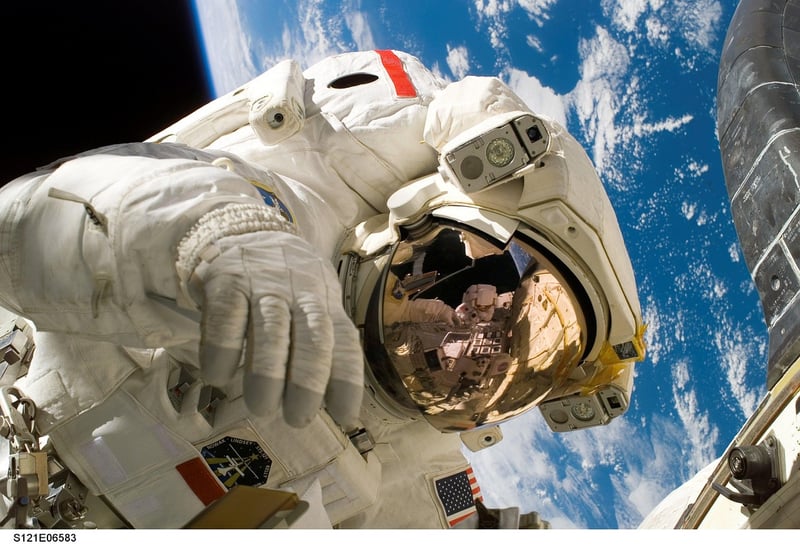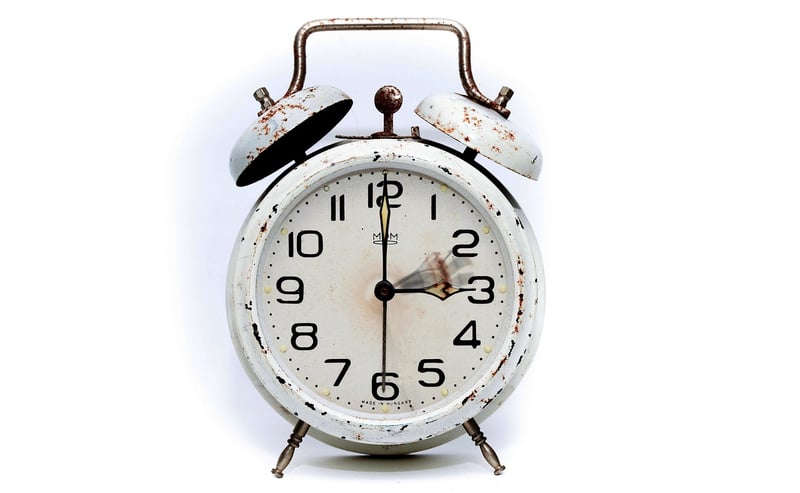Temporal Paradoxes
The Fascinating World of Time Travel: Mechanisms and Temporal Paradoxes
Time travel has captured the imagination of people for generations, from science fiction novels to blockbuster movies. But what are the mechanisms behind this intriguing concept, and how do they relate to temporal paradoxes? Let's dive into the science behind time travel and explore some of the mind-bending paradoxes that arise.
Mechanisms of Time Travel:
There are several theoretical mechanisms that could potentially allow for time travel, according to the laws of physics:
- Wormholes: Wormholes are hypothetical tunnels in spacetime that could create shortcuts for long journeys across the universe, potentially allowing for time travel.
- Time Dilation: According to Einstein's theory of relativity, time passes differently for objects in motion. Traveling close to the speed of light could theoretically allow for time travel to the future.
- Closed Timelike Curves: These are paths in spacetime that loop back on themselves, theoretically allowing for time travel to the past.
Temporal Paradoxes:
As intriguing as the idea of time travel is, it also brings about various paradoxes that challenge our understanding of causality and logic:
- Grandfather Paradox: What happens if you travel back in time and prevent your grandparents from meeting? This paradox raises questions about the possibility of changing the past.
- Bootstrap Paradox: In this paradox, an object or information is sent back in time in an infinite loop with no clear origin, leading to questions about causality.
- Parallel Universes: Some theories suggest that time travel may lead to the creation of parallel universes to resolve paradoxes, where different versions of events can coexist.
While time travel remains a theoretical concept in the realm of physics, exploring the mechanisms and paradoxes associated with it sparks endless debates and creative storytelling possibilities.

Image source: Pixabay

Image source: Pixabay
